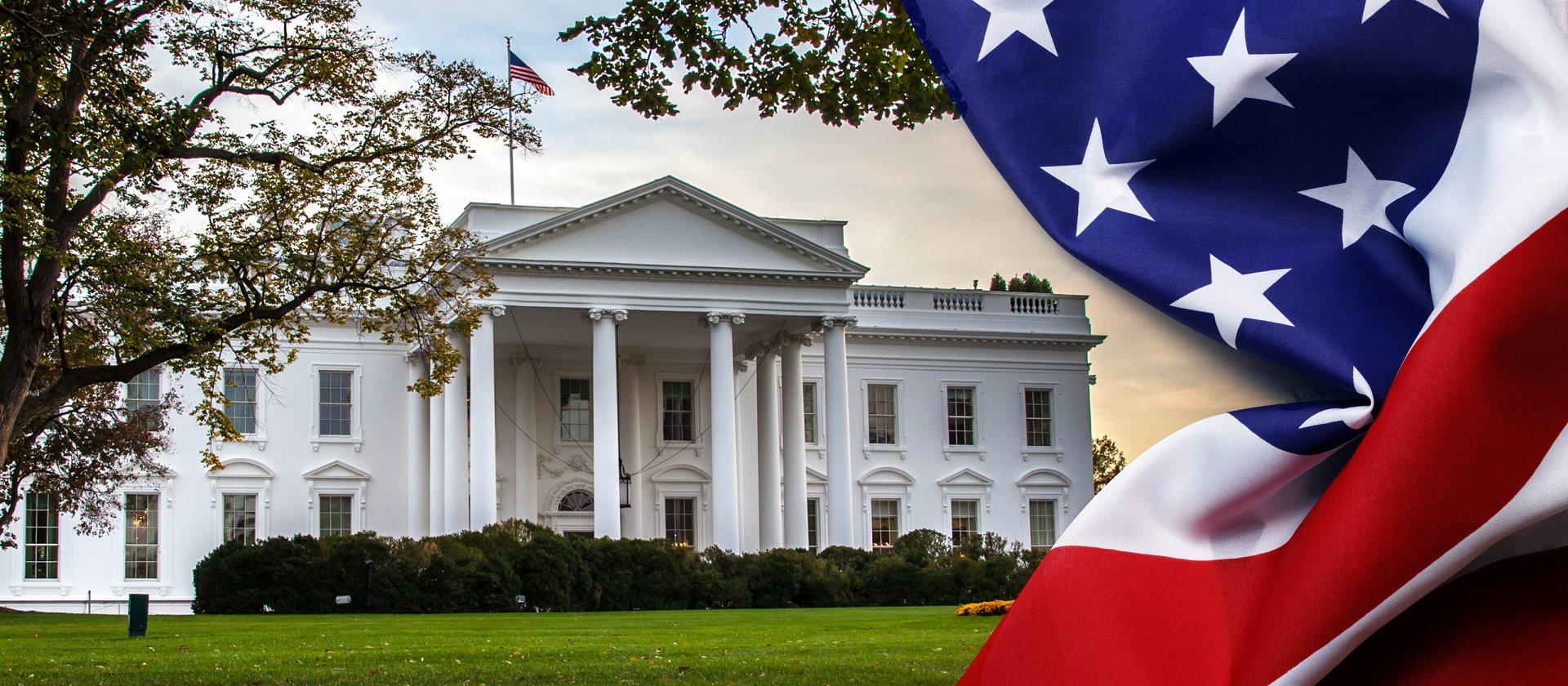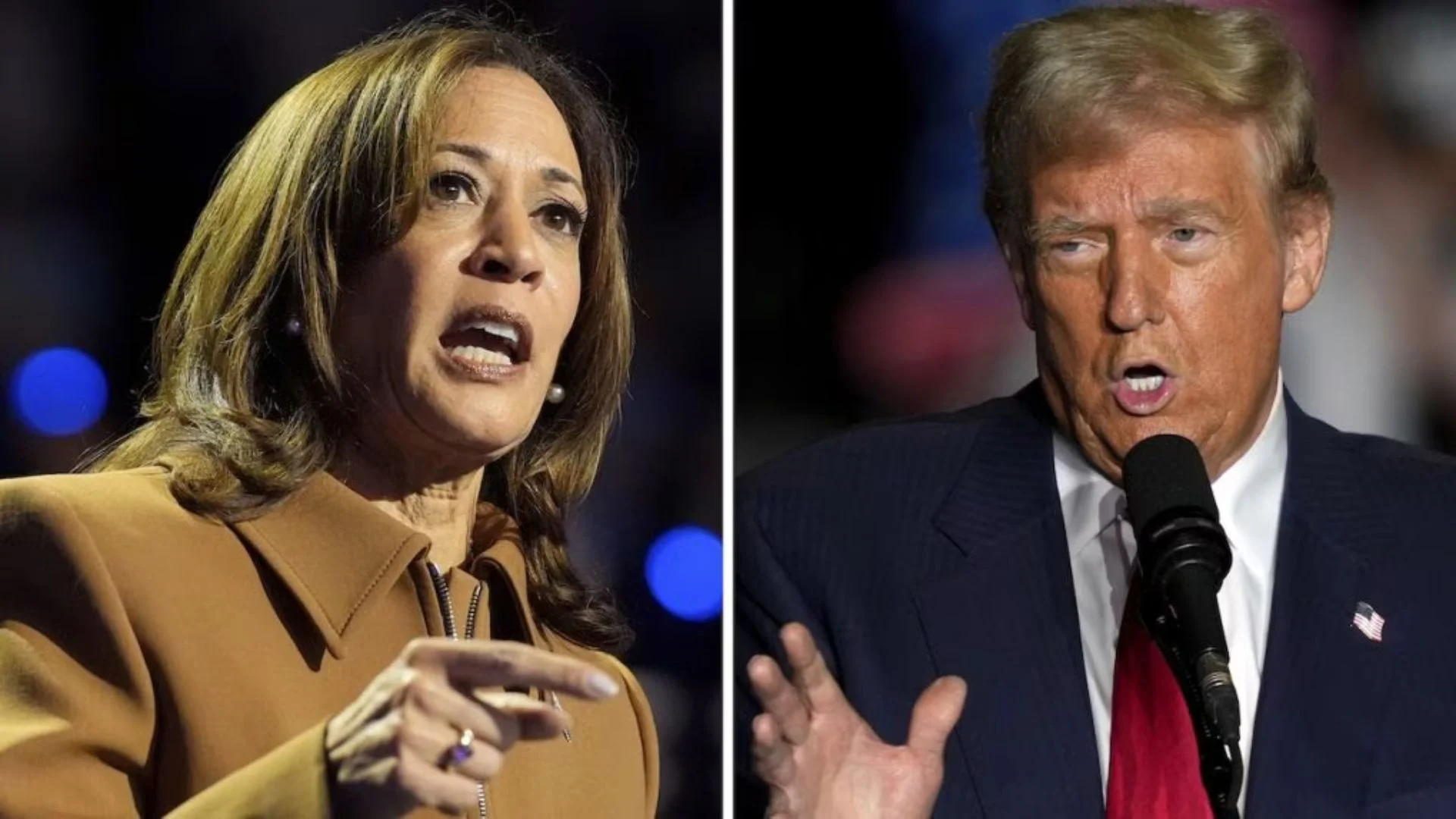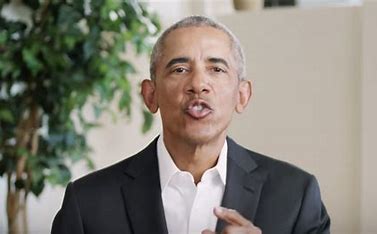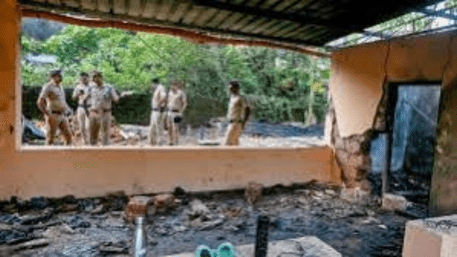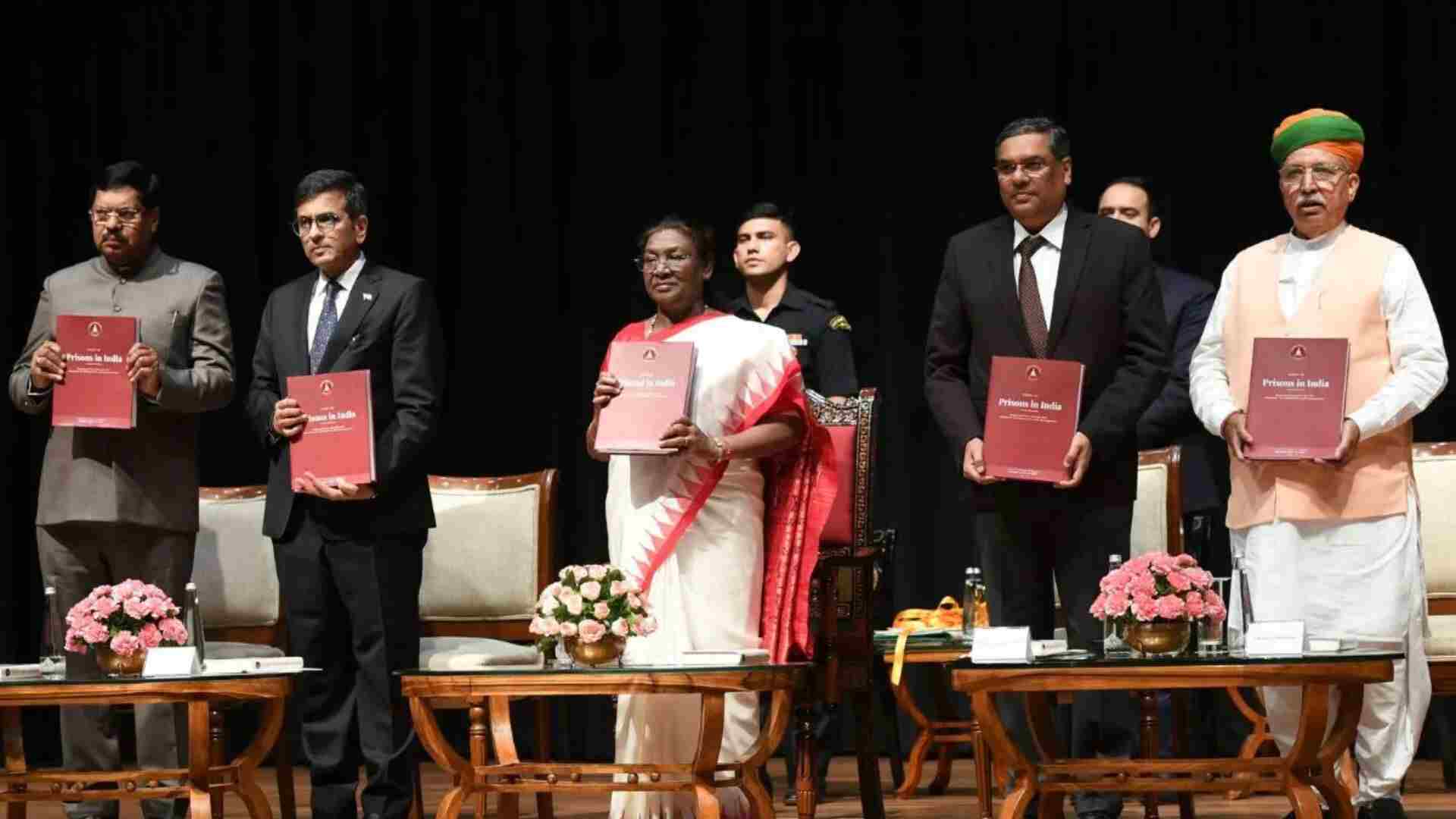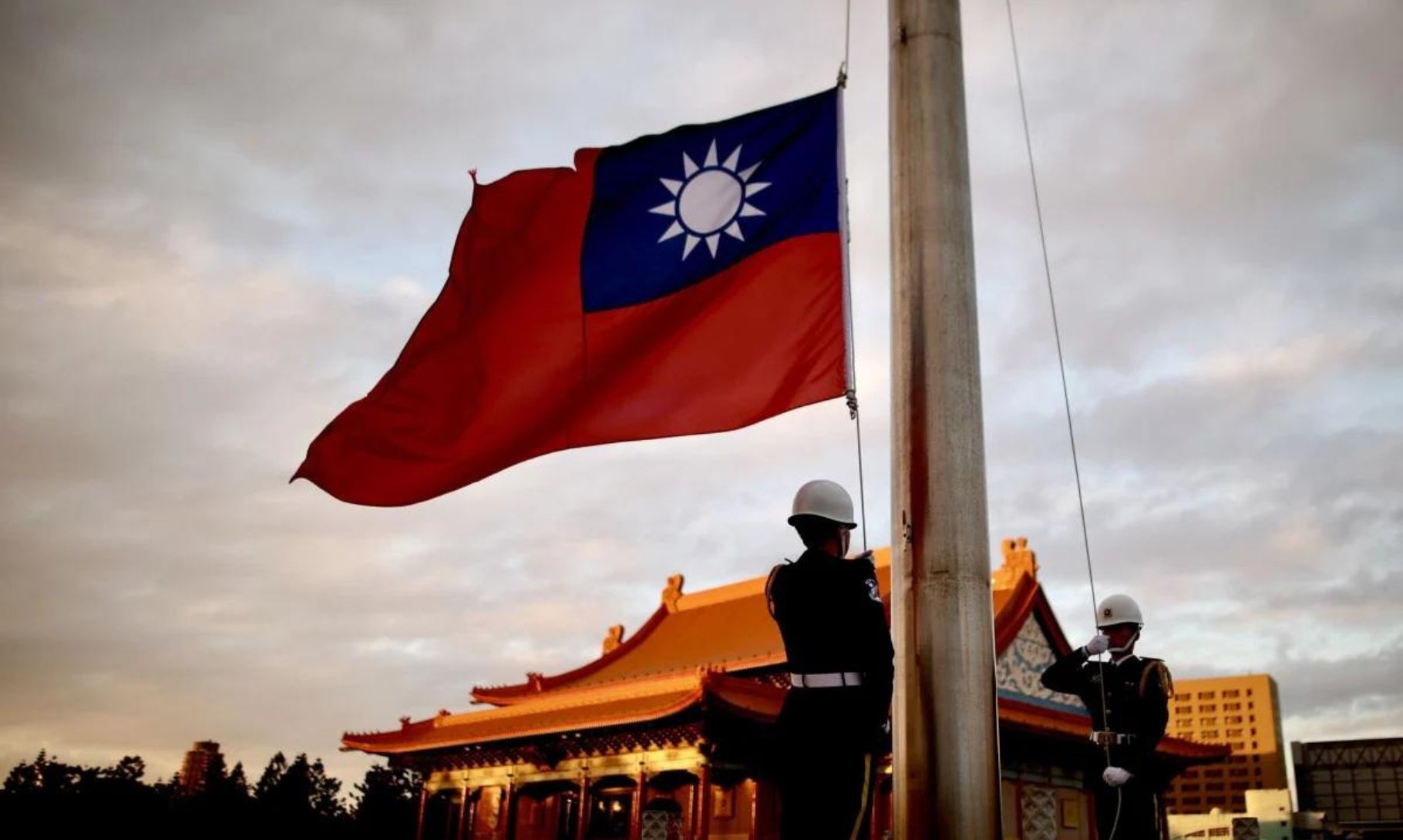
China has threatened to impose death penalty on people who were accused of trying to make Taiwan a separate country. All the accused were part of a group that wants Taiwan to be independent through violence. The executions happened despite other countries and Taiwan objecting.
This incident occurred during a time when tensions between China and Taiwan are high. China sees Taiwan as a part of its territory that broke away, and it wants to bring it back as a part of its territory, even if it means using force. Taiwan, however, operates on its own as a democracy with its own government and military.
Critics say China’s use of the death penalty here shows how tough it is on separatism and disagreement regarding Taiwan. Human rights groups criticize the executions and doubt if the trials were fair and if the charges were valid.
Chinese officials argue that the use of death penalty was necessary because the individuals threatened national security. They accused the group of planning terrorist acts to weaken China’s control over its land.
The executions have caused international concern, with many countries and groups criticizing China’s human rights record and its response to political opposition. The United States and other Western nations have strongly criticized China, urging it to respect human rights and fair legal procedures.
Officials in Taiwan have also condemned the executions, calling them a violation of human rights and an effort to threaten those who support Taiwan’s independence. They are urging the global community to take a firmer stance against China’s aggressive actions toward Taiwan.
After the executions, Taiwan has boosted its military readiness and asked backing from allies like the United States. This has led to concerns about increased tensions in the Taiwan Strait and has sparked discussions about Taiwan’s security and global recognition.
China has a firm stance on protecting its territorial integrity, especially regarding Taiwan. The use of death penalty has brought substantial international survey and criticism, highlighting ongoing geopolitical tensions in the area and the complexities of relations between China and Taiwan.
